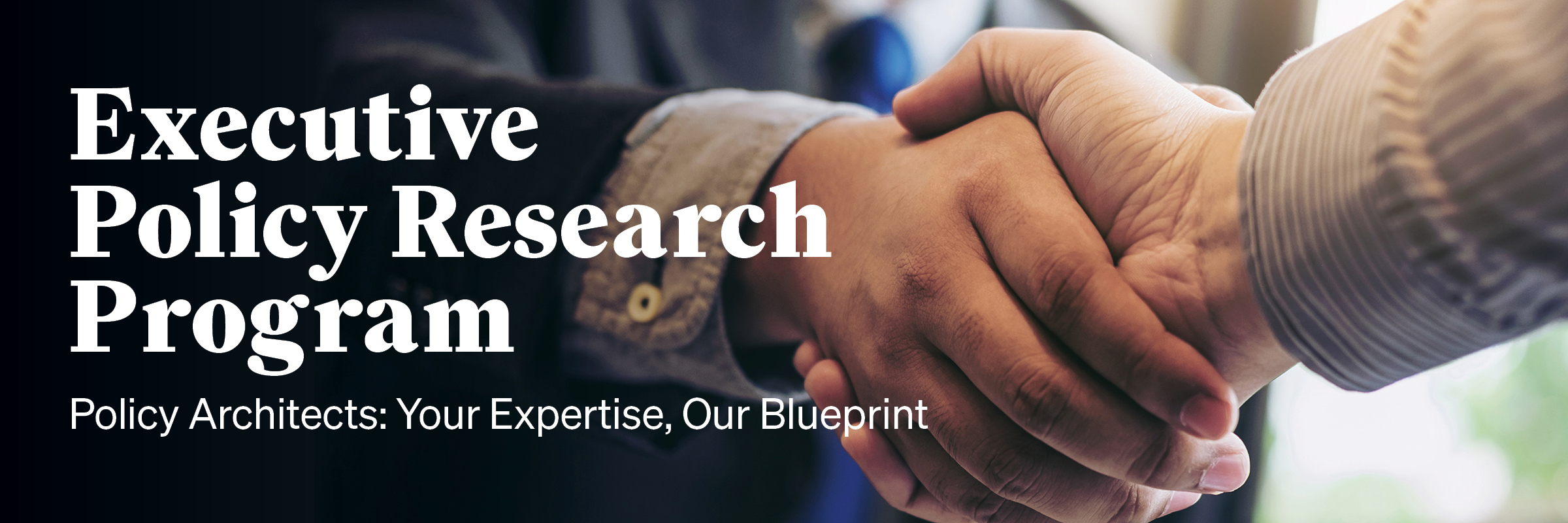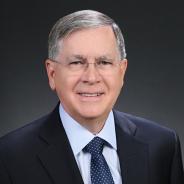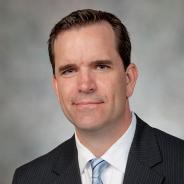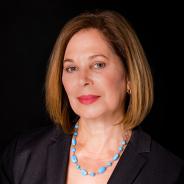
Program Benefits
Participants will come away with: 1) instruction in policy research, analysis, and dissemination, 2) a tailored project deliverable and dissemination plan with personalized consultation with world-renowned policy experts, 3) a network of like-minded, influential professionals, and 4) opportunities for cross-collaboration on co-sponsored grants and research projects.
Seminars
Through interactive discussions, case studies, and hands-on exercises, participants will gain a solid foundation in policy analysis and evaluation. They will be equipped to identify, assess, and communicate policy solutions that address complex societal challenges, making them well-prepared for careers in public policy, government, advocacy, or research.
The Executive Policy Research Program seminars include:
- Introduction to Public Policy: Delve into the foundations of public policy and understand its evolution, significance, and role in society. Analyze the interplay between politics, economics, and social factors in shaping public policies.
- Identifying Public Policy Problems and Selecting Relevant Data: Learn how to identify pressing societal issues and select appropriate data sources and methodologies for rigorous analysis. Emphasize the importance of evidence-based policymaking.
- Recognizing Key Stakeholders: Investigate the intricate web of stakeholders in the policy arena, from government agencies and advocacy groups to the private sector and the general public. Understand their diverse interests and influence on policy outcomes.
- Assessing the Policy Landscape: Develop the skills to assess the current policy landscape, including existing regulations, policies, and their effectiveness. Examine the role of historical context in shaping contemporary policy challenges.
- Federalism, the States, and Policy: Explore the complex relationship between federal, state, and local governments, focusing on how they shape and implement policy. Gain insights into economic indicators, state and local fiscal policy and budgets, and their implications for policy formulation and evaluation.
- Evaluation: Policy Mapping and Solutions: Dive deep into policy evaluation techniques, including policy mapping, impact assessment, and cost-benefit analysis. Explore methods to assess the effectiveness and efficiency of policies.
- Policy Implementation and Challenges: Consider how financial and administrative resources along with ethical implications influence policy options. Learn to identify crucial processes for ensuring policy success and sustainability while formulating evidence-based recommendations by interpreting multiple variables.
- Communicating the Value of Your Policy: Master the art of effective policy communications. Develop persuasive strategies to convey policy recommendations to diverse audiences, including policymakers, stakeholders, and the public.
- Policy Problems and Alternatives: Learn how to conduct thorough, data-driven research on existing policies and investigage viable policy alternatives.
- Policy Recommendations and Executive Summary: Work one-on-one with Baker Institute experts to write a policy brief based on your particular area of research and expertise.
- Media Training: Get acquainted with best practices for delivering clear and impactful messages to diverse audiences such as the media and various policy stakeholders.
- Mock Interview: Apply your newly acquired skills in a simulated interview with Baker Institute communications experts.
Experts
Each seminar is led by a distinguished member of the Baker Institute team. This diverse group of world-renowned experts includes an esteemed diplomat, seasoned public finance professionals, experienced medical doctors, an accomplished nonprofit executive, and a respected attorney. Together, they provide a wealth of knowledge and expertise, enriching the experience for all participants.
David M. Satterfield
John W. Diamond
How to Apply
Program Details
Spring 2025 session: January 21 - April 8, 2025
The deadline to apply for the Spring 2025 program is December 16, 2024. There is no fee to apply for the program.
Spring 2025 tuition: $7,500
Selection Process
The Baker Institute takes pride in its commitment to excellence and seeks to attract the most promising and passionate individuals in the field. The selection process is designed to identify candidates who not only demonstrate exceptional potential but also exhibit a strong dedication to making a meaningful impact on public policy.
Here's an overview of our rigorous selection process:
- Application Submission
Prospective candidates are required to submit a comprehensive application that includes their academic qualifications, relevant experience, and statement of purpose. This initial step serves as an introduction to the candidate's background and motivations.
- Initial Screening
All applications are meticulously evaluated by a panel of experts within our program. During this stage, we assess candidates for their academic achievements, professional experience, and alignment with the program's objectives.
- Director’s Review
All candidates will be reviewed and approved by the director of the institute, Ambassador David M. Satterfield.
- Admission Offer
After careful deliberation, a select group of candidates is offered admission into our highly competitive policy research program. These individuals have demonstrated not only academic excellence but also a genuine passion for public policy and a strong potential to thrive in our rigorous academic environment.
Our selection process is highly competitive. We welcome the diversity of backgrounds, experiences, and perspectives our program attracts and believe that by admitting the most exceptional candidates, we create a vibrant and dynamic learning community that fosters innovation, collaboration, and transformative thinking in the realm of public policy
Learn More
Apply Now
Complete the registration form to be contacted by Program Manager Hitkarsh Kumar.
Contact Us
For specific questions, corporate training, and partnership opportunities, please contact Program Director Victoria Jupp.
Get Connected
Submit your information to receive updates on upcoming programs.








